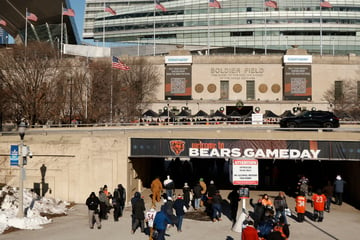Gold medalist weighs in on unprecedented Olympics as Games come to a close
Tokyo, Japan – As the Tokyo Games came to a close on Sunday, it ended 16 days of an Olympics unlike any other.
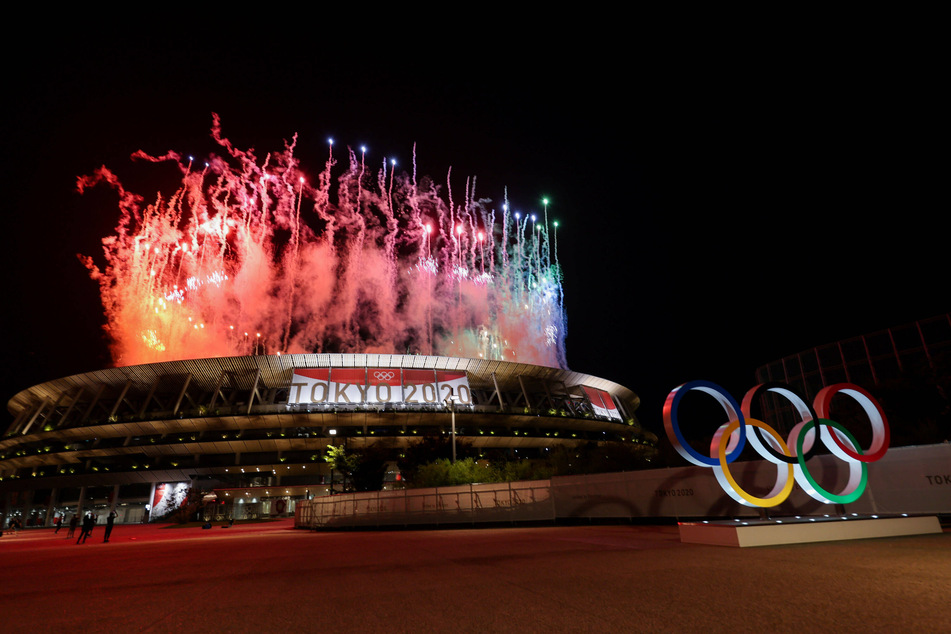
Held in 2021 after a year-long delay, the Games were ushered out by a closing ceremony in a stadium empty of spectators and many athletes who had already returned home.
New restrictions by the Japanese government mandated that athletes must vacate 48 hours after they'd finished competing, prompting many to travel back to their home countries earlier than usual.
In past years, participants would have been trading country pins with competitors while being a spectator at other sporting events, or attending outings until the final hours of the Games. This year, none of those close-contact festivities took place.
These Games also saw some athletes arriving later than in previous years due to travel complications caused by the pandemic, creating disadvantages in getting used to new competition turf and less time to test out equipment.
The Olympics' organizing body said over 400 people associated with the events tested positive for Covid-19 since the start of July, with protesters gathering even as late as Sunday outside National Stadium to call for the closing ceremony to be shut down. It highlighted concerns and mounting aversions by locals regarding hosting the international event amid the country's state of emergency.
Yet, Sunday night saw the 2020 Games culminate a year of challenges stricken by Covid-19, and layered with conversations surrounding mental health, women in sport, and numerous history-making performances.
TAG24 spoke with Esther Lofgren, an Olympic rower who won gold with Team USA in the women's eight at the 2012 London Summer Games. The champion gave an inside look on how the Games have changed in an unprecedented pandemic year, for better or for worse.
The one-year Olympics delay has far-reaching effects
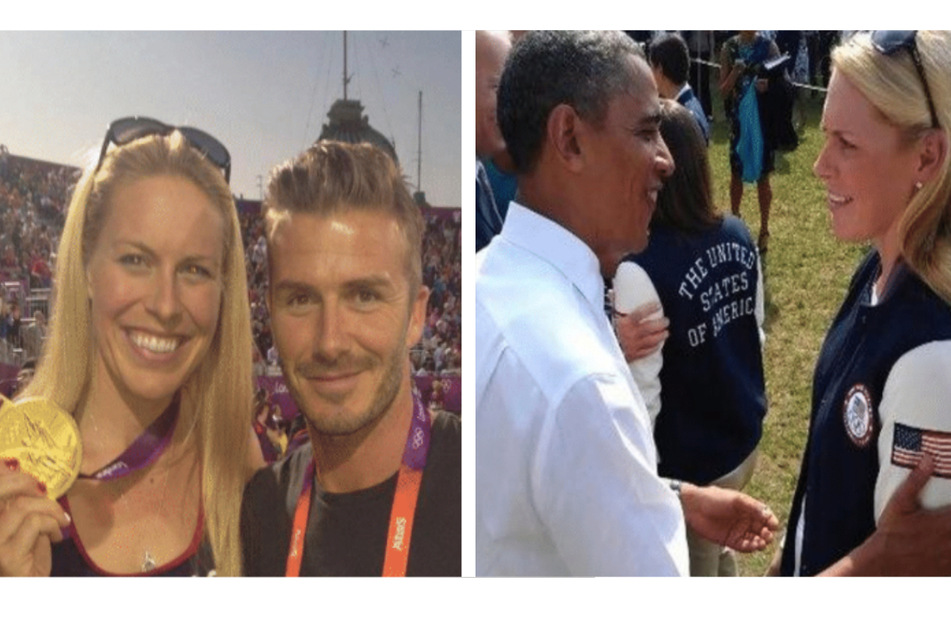
At its core, the Games taking a place a year later than scheduled has undoubtedly affected the outcome and in some cases, changed the trajectory of sports on a large scale for years to come. Lofgren said athletes who would have peaked during an Olympics held in 2020 may not have qualified a year later, and vice versa.
"Covid just threw another wrinkle in there with all the challenges of the last year, both in terms of trying to be able to compete and continue training with so many things closed or being able to not train as a team," she explained. She added that this year particularly affected injury-plagued athletes at the end of their competitive careers, who may not have been able to stick around for one more year.
Lofgren also said this year's athletes had an "added mental strain" of training for a pinnacle career event they weren't sure – if or when – would even happen.
"We saw with the whole world turning upside down last year, I think a lot of people had the realization that...'This is kind of silly, I'm training to do this game, and I'm devoting my whole life to something that maybe doesn't matter," the athlete said of this year's unusual moments of self-reflection.
She continued, "I would imagine that all the athletes who were there who were doing this went through that mental process in the last year just like we all did, you know, re-evaluating what's important."
Traditionally, competitors can bring two guests to the Olympics. Due to the pandemic, athletes traveled alone this year – with only teammates, coaches, and officials – and performed without spectators, who typically provide that important added boost of adrenaline.
The severe adjustment in the athletes' support system has been jarring, shaking up some participants who have never competed without their families in attendance. It's been an added challenge to the athletes' mental health, in a year when American gymnast Simone Biles brought the topic to the forefront.
The Tokyo Olympics are most equitable while problems still pervade
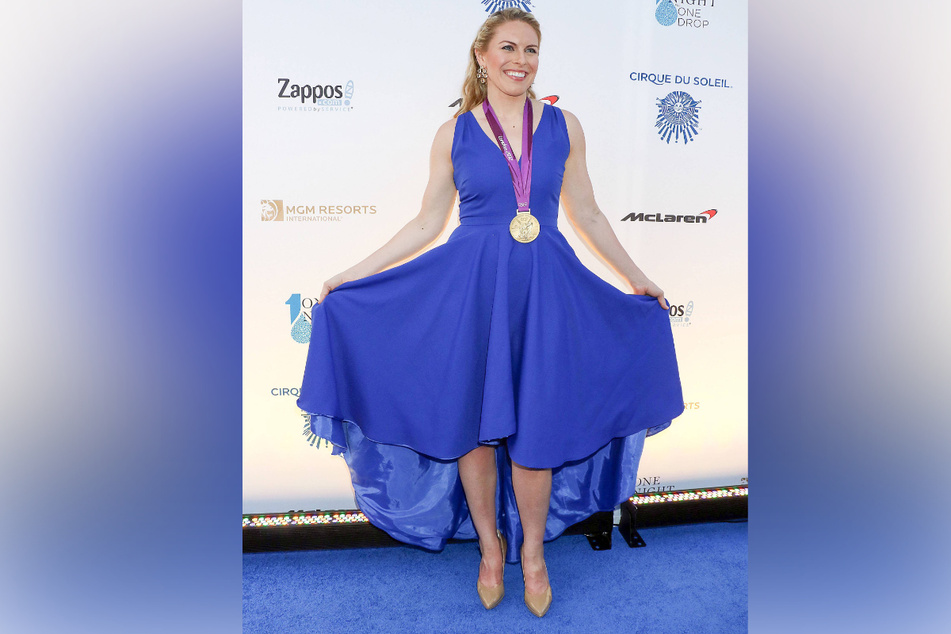
Despite its adversity, the Tokyo Games have actually been one of the most inclusive and equitable Olympics overall.
It has been the first to host a transgender participant and the first gender-balanced Olympics in history – with 49% of competitors being women.
Organizers also actively encouraged countries to have their flag carried by both one female and one male athlete during the opening ceremony and for the first time ever, all 206 countries represented had one female and one male athlete on their teams.
It was also the third straight Olympics with more women on Team USA's roster than men, and the first with the opportunity for both men and women to earn an equal amount of medals in Olympic rowing.
Lofgren believes the milestones are a tribute to the legacy of Title IX, which she has personally advocated for in Washington. She has also worked hard to expand students' access to physical education in schools.
This year's public objections to women athletes being required to wear skin-baring uniforms, unlike their male counterparts, only added fuel to the fight.
"It's 2021. You really should be able to wear whatever you want," Lofgren said. "There's just so much policing of women's bodies."
She also wishes the sports' federations would focus "less on what we're wearing and [more on] who we are as people."
"It's sad through the lens of the Olympics, where we're supposed to be there to celebrate the human body and what it can do," the athlete added.
Lofgren heralded the Olympic Village for being filled with "all different shapes and sizes and colors and proportions."
"All these people are totally unique in different ways and just the best in the world at what they do. Sort of in this carnival of oddities, we're all together."
2020's athletes have united in the face of obstacles
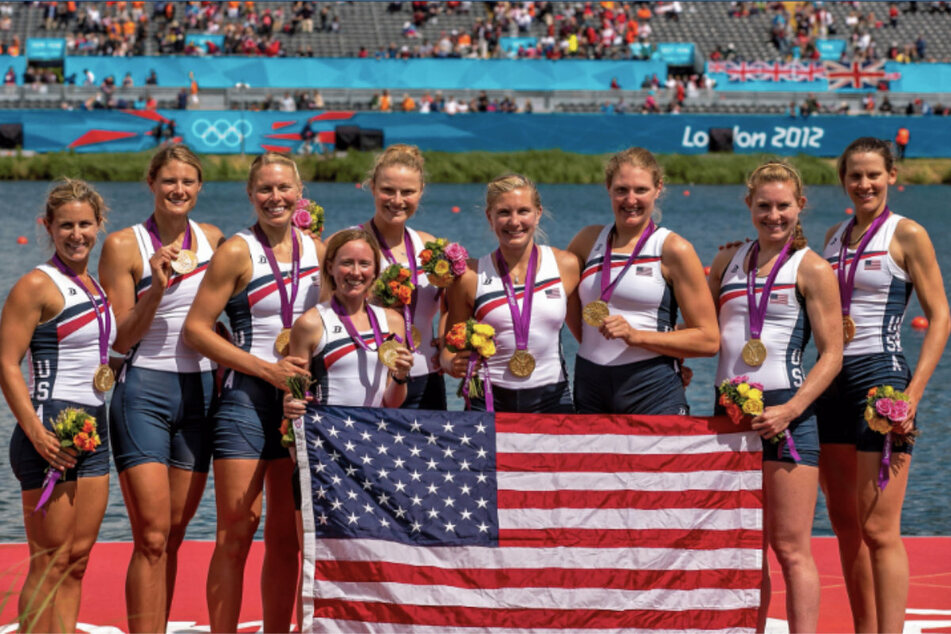
Despite the conditions of such a unique Olympic Games, 2021's Olympians have perhaps formed a comradery and shared experience unlike any in years past – dealing with similar struggles of isolation and extra pressures.
It's one Lofgren described as most likely having brought a powerful "cohesiveness" to competing teams that were subjected to the rigors of Covid restrictions, social distancing in athlete dining and living areas, and daily testing protocols as a unit.
With all its challenges, Lofgren noted this year's Games enabled people to look at the bigger picture and managed to keep the light of the Olympic spirit burning bright – at a time when the world needs examples of hope and resilience more than ever.
These Tokyo Games, she said, were even more of a shining example of "incredible athletes with incredible stories doing amazing things."
Cover photo: imago / GEPA pictures
